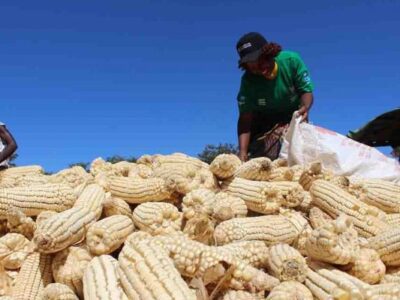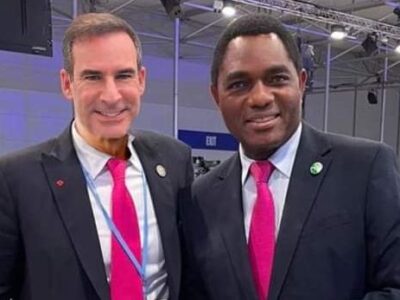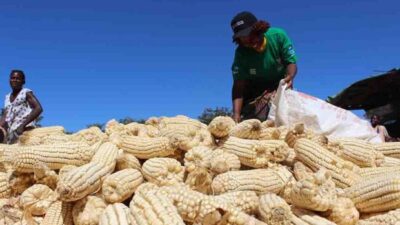The Competition and Consumer Protection Commission (CCPC) says that anti-competitive practices remained a major driver of increased cost of doing business in Zambia.
Acting Executive Director Brian Lingela said statistics from the cases handled indicate that anti-competitive conduct contributed between nine and 30 percent to the cost of doing business between Business to Business (“B2B”) .
According to the 2022 CCPC report released on Thursday, Lingela indicated that about 45 to 100 percent of the cost to consumers was recorded due to unfair trading practices.
“The most affected are the Small to Medium Enterprises (SMEs), with vulnerable capital positions which are greatly affected and thus their growth negatively impacted,” he said.
Lingela said in terms of consumer protection in 2022, the Commission saw an increase in the number of poorly executed services, mostly in the banking and financial services sector which accounted for 64.47 percent.
He said about 2,412 violated provisions were recorded in the period under review.
Prominent among them were disputes around unilateral rearrangement of loan facilities; with oftentimes recoveries continuing even after the agreed repayment periods.
Other unsuitable service cases related to delayed reversals of mobile money and associated transactions.
“These include failed mobile to bank, delayed refunds for cancelled online purchases and delayed reversals related to failed ATM transactions,” he said.
Lingela said in addition to increasing consumer awareness, the Commission continued to collaborate with the Bank of Zambia (BoZ) and the Zambia Information and Communications Technology Authority (ZICTA) leveraging off their respective competencies in order to address some complaints from the Digital Financial sub-sector.
Read more :USAID, Zambia manufacturers sign capacity-building agreement to improve corporate governance
Other notable areas of concern related to defective products, especially mobile phones, which accounted for 13.14 percent of the violated provisions recorded.
A total of K5,181,158 was recovered, constituting K3,258,261 recovered as refunds and K1,922,897 as replacements for defective or unsuitable goods.
He said the Commission with its partners; the Zambia Compulsory Standards Agency (CSA) and Zambia Metrology Agency (ZMA), Ministry of Health (MoH) and Zambia Police Service, among others, intensified inspection to rid the market of unsuitable goods.
A total of 1,401 trading premises were inspected in 51 districts across Zambia. Close to K1 million worth of goods were seized and destroyed as they were unfit for sale.
Lingela said misrepresentation cases accounted for 12.52 percent of the violated provisions recorded.
“The Commission is concerned with the growing trend by some traders of deliberately giving false information to consumers in a bid to secure a sale, while knowing fully that such information was incorrect,” he said.
WARNING! All rights reserved. This material, and other digital content on this website, may not be reproduced, published, broadcast, rewritten or redistributed in whole or in part without prior express permission from ZAMBIA MONITOR!












Comments